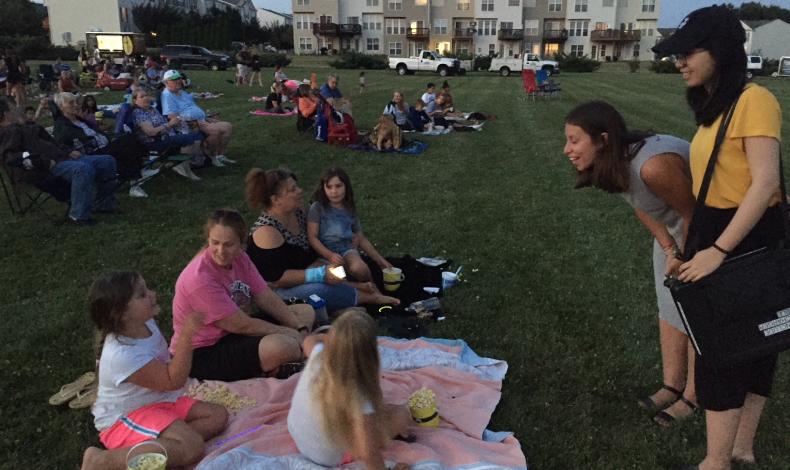South Whitehall Design project fosters student and community engagement

PennDesign provides opportunities for students to collaborate with faculty, civic leaders and residents in Philadelphia and beyond.
Transformative design is at the heart of the PennDesign mission, and throughout the year the School provides opportunities for students to collaborate with faculty, civic leaders and residents in Philadelphia and beyond. The nexus for this activity is PennPraxis, the social impact design and community engagement consulting arm of the School. Among its current clients is South Whitehall, a small township on the outskirts of Allentown that was incorporated in 1810.
Earlier this year, the township hired PennPraxis to formulate a series of design ideas for improving its streetscapes and prominent public places. The problem, says PennPraxis Executive Director Ellen Neises, also an adjunct associate professor in the Department of Landscape Architecture at PennDesign, was that developers were treating South Whitehall the same way they were treating suburbia everywhere else: Nondescript strip malls, cookie-cutter houses, planned developments treated like private enclaves, with everything facing inward. Leaders involved in parks and planning in South Whitehall were looking for a way to turn the trend around.
Last month, PennPraxis and a group of six PennDesign students took their preliminary ideas to the public. To get neighbors involved, they set up shop in an underutilized soccer field and screened Despicable Me 3 (Chris Renaud, one of the creators of the series, graduated from the local high school) as a draw to get families out to see the proposals. In addition to streetscape improvements—making the town feel more active and walkable rather than a series of developments to be driven between—the PennPraxis team had also been asked to rethink some parks—including the one where the movie was being screened.
The designs were well-received, and the town’s leaders are committed to carrying out major public improvements. “They gave us a budget to start with for that project, and then they liked what we were talking about so much that they ended up doubling the budget,” Neises says.

